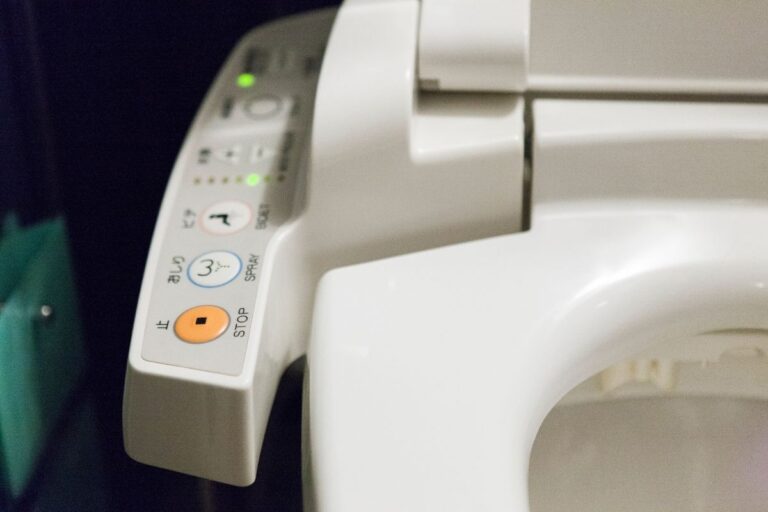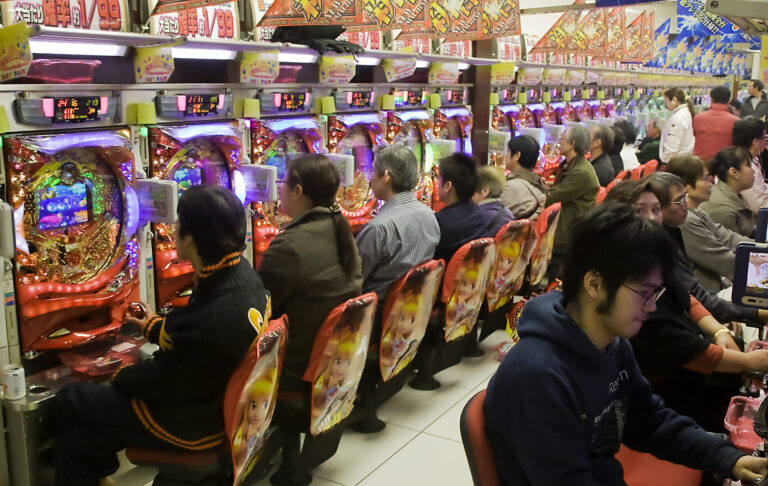Today we’re going to review the Japanese words for family members so that if you have a Japanese discussion, you can talk about your family and background. If you’ve been paying attention to what we’ve had to say about the Japanese language and culture so far, you ought to have noticed that politeness is essential when speaking Japanese. This includes being humble and referring to yourself in less exalted terms than you refer to other people. Similarly, you should be humble when speaking about your own family to others while being polite when speaking about other people’s families.
In Japanese, there are three important variations of words for family:
1.) Titles you use when speaking to the family members. If you had grown up in a Japanese family, these are the words you would use to address your own family members. English equivalents include “Mom,” “Dad,” “Grandma,” “Grandpa,” etc. when speaking directly to those family members. If you marry into a Japanese family or spend time with a Japanese host family, you might receive permission to address the family members with these titles. In any case, you might want to know these words if you observe a Japanese family interacting with one another.
2.) Words to use when speaking about your own family to other people. These words are different than the words you use when speaking to your own family members and the words you use when speaking about other people’s families because you need to demonstrate humbleness when speaking to other people. All of these words automatically imply “my” in them, so there is no need for you to say “my” (“watashi no”), as you will only be referring to your own family with these words.
3.) Words to use when speaking about other people’s families. You may notice that most of these words are the same as the titles you use when addressing your own family members. This is because you want to show older members of your family respect when speaking to them, just as you want to always show respect when speaking about other people’s families.
Kazoku (Family)
| Family Member | Title | Your Own Family | Other People’s Families |
| Mother
Mom Mommy |
okaasan
okaachan / kaachan mama |
haha | okaasan |
| Father
Dad Pops Daddy |
otousan
otouchan / touchan oyaji papa |
chichi | otousan |
| Parents | – | ryoushin | goryoushin |
| Older Sister | oneesan
oneechan / neechan |
ane | oneesan |
| Younger Sister | By her name | imouto | imoutosan |
| Older Brother | oniisan
oniichan / niichan |
ani | oniisan |
| Younger Brother | By his name | otouto | otoutosan |
| Sibling | – | kyoudai | kyoudai |
| Son | By his name | musuko | musukosan |
| Daughter | By her name | musume | musumesan |
| Husband | By his name or by anata (which means “you,” but can be translated as “darling” or “honey”) or, if a father, by otousan. (It’s customary to start calling your husband “Father” once you have children together.) | otto
shujin |
goshujin |
| Wife | By her name or by anata (which means “you,” but can be translated as “darling” or “honey”) or, if a mother, by okaasan. (It’s customary to start calling your wife “Mother” once you have children together.) | tsuma
kanai |
okusan |
| Grandmother
Grandma/Nana |
obaasan
obaachan / baachan |
sobo | obaasan |
| Grandfather
Grandpa/Papa |
ojiisan
ojiichan / jiichan |
sofu | ojiisan |
| Grandparents | – | sofubo | sofubo |
| Grandson | By his name | magomusuko | magomusukosan |
| Granddaughter | By her name | magomusume | magomusumesan |
| Aunt | obasan
obachan |
oba | obasan |
| Uncle | ojisan
ojichan |
oji | ojisan |
| Nephew | By his name | oi | oisan |
| Niece | By her name | mei | meisan |
| Cousin | By his or her name or possibly by oneesan or oniisan if the cousin is older | itoko | itokosan |
You may have noticed that if the family member is older than you, there’s some form of respectful title with which you address them, but if the family member is younger, you address them by their names. This is because age is one component of how you determine what level of politeness to use. People who are older than you, even in your family, always deserve some level of respect when you’re speaking in Japanese.
What words would you use to refer to your family when speaking Japanese? Does it seem odd to refer to older siblings by titles and not their names?
No related posts.
Tags: family, japan, japanese language



